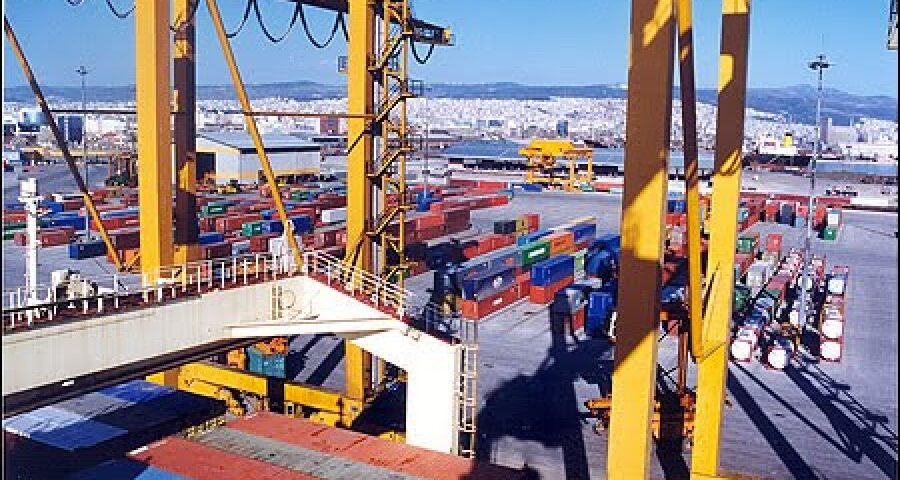In the 1990s European Union embarked on the development of a European Port Policy. Three decades later, and despite the difficulties observed along the road, progress has been achieved on certain fronts.
In their latest port study, PortEconomics member Thanos Pallis and Costas Chlomoudis (University of Piraeus, Greece) examine this evolution in parallel with the analysis of the eventful Greek port policy.
The analysis covers the last four decades and reveals that successive governments opted to deviate with the European approach and develop a “Greek prototype” of port governance.
The port study is published (in Greek) in a special volume celebrating 40 years of Greece’s EU membership, that is introduced by the ex-President of the European Commission Jean Claude Juncker.
Follow the link to freely download the authors’ version of the portstudy.












